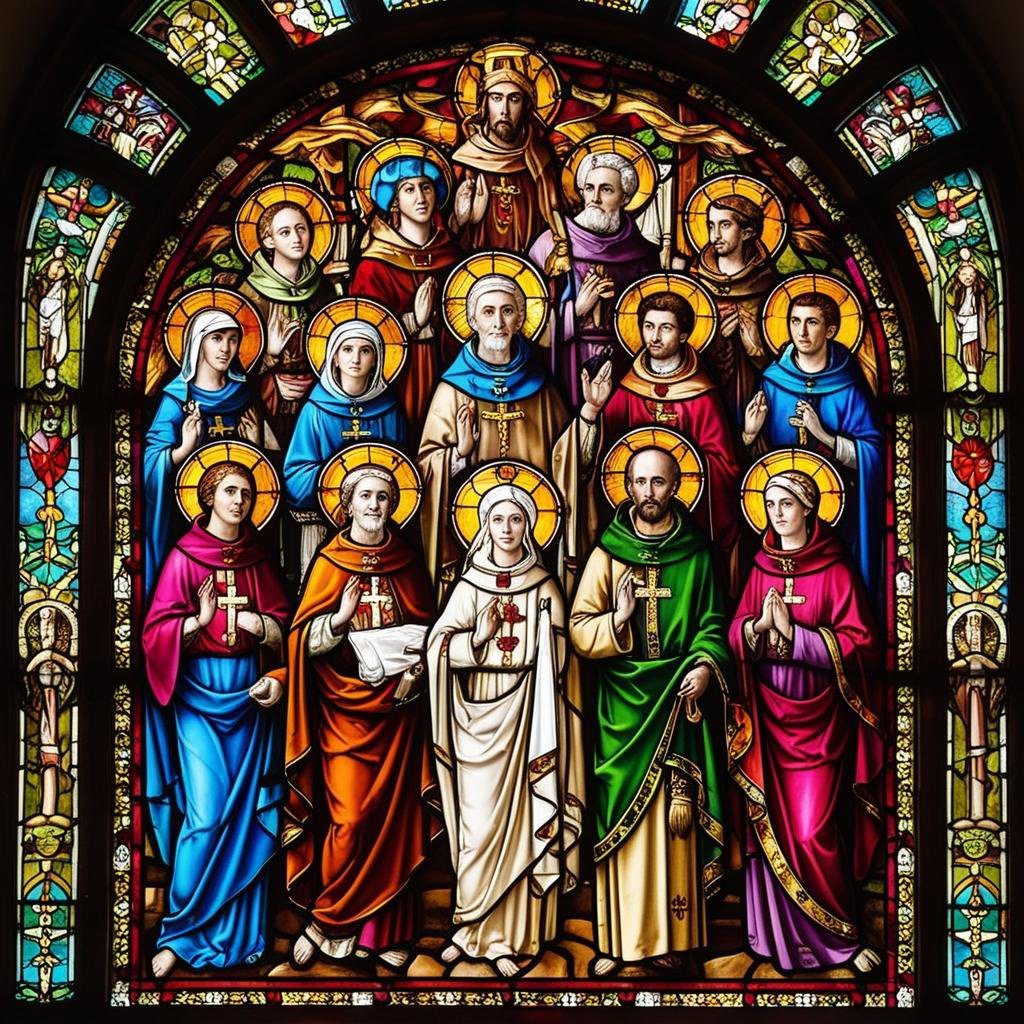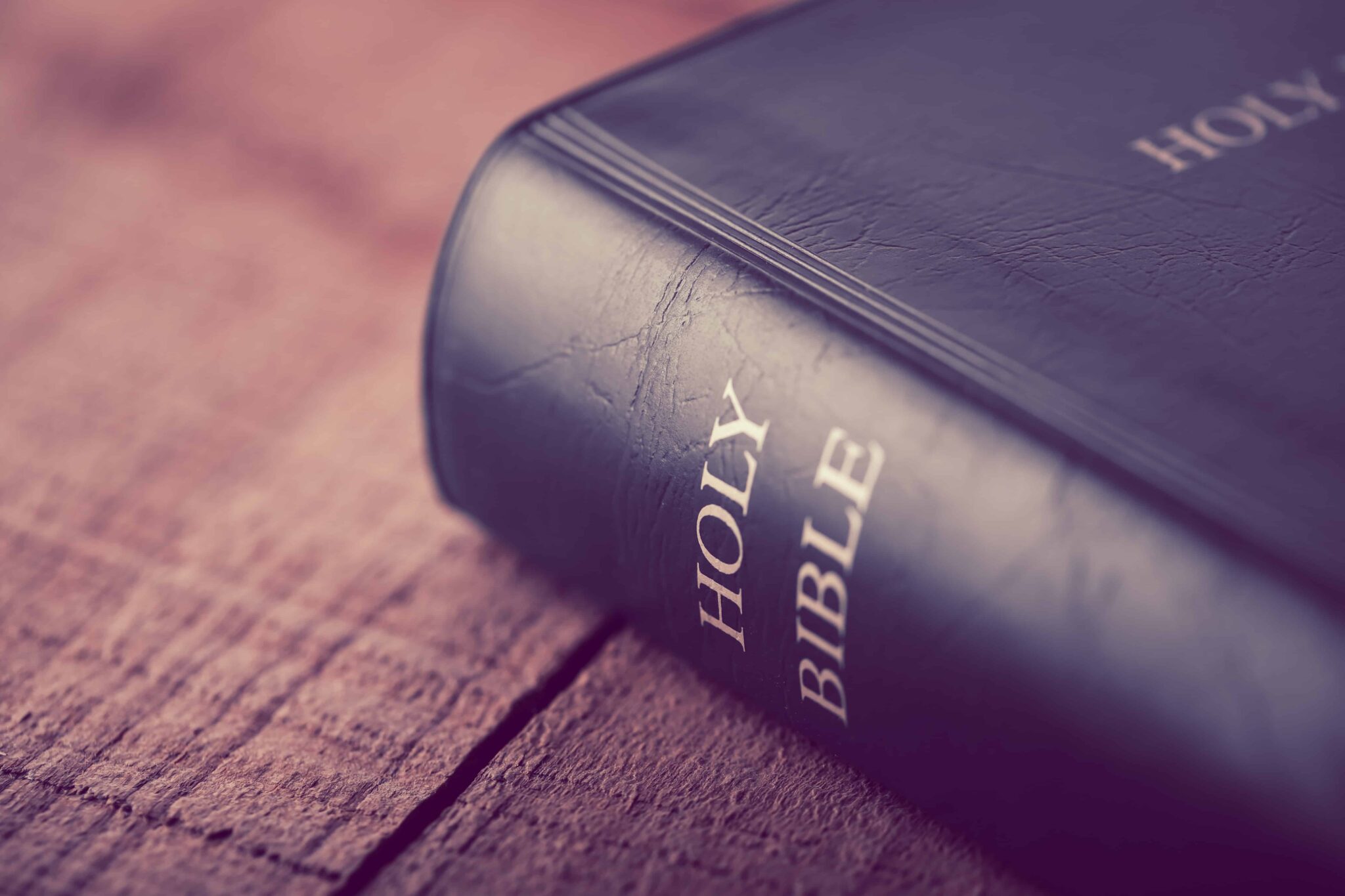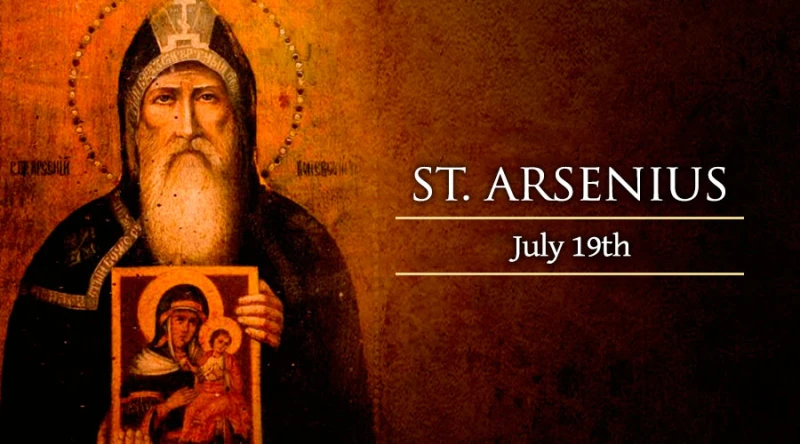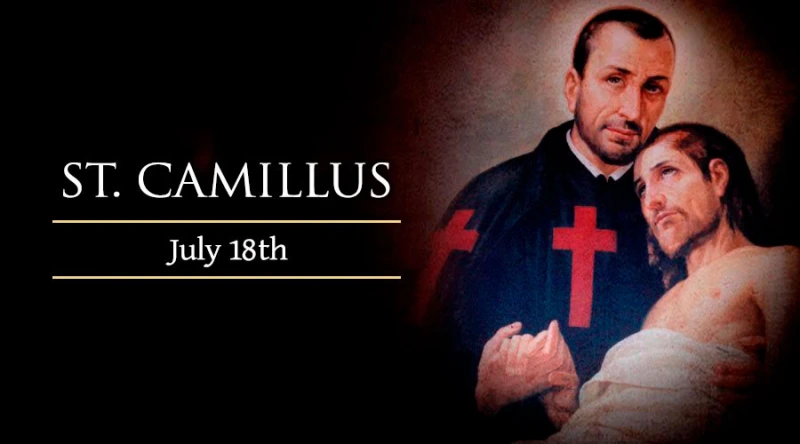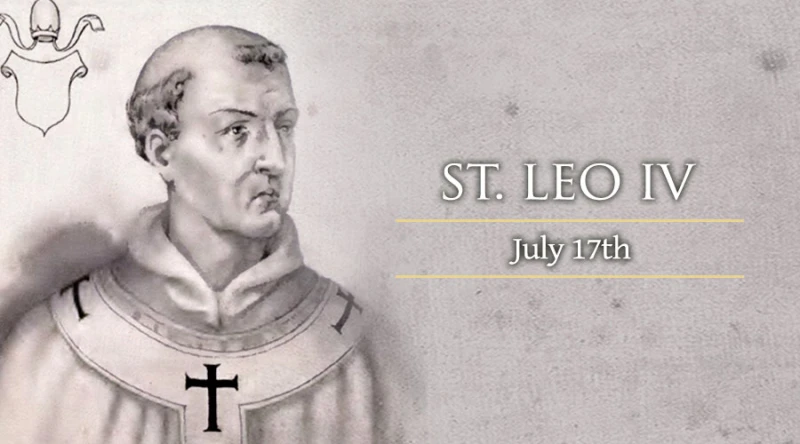
I think the verse from Paul that says “I do not understand my own actions. For I do not do what I want, but I do the very thing I hate” (Romans 7:15) sums up the first reading for today. Imagine being in Pharaoh’s shoes during this time. He has just gone through all these terrible plagues that have ripped through his very understanding of God and His power. He has just lost his firstborn son and heard crying and wailing all throughout the land from his very own people. His heart has become so hardened by sin that he is willing to go through all of this affliction instead of admitting that God is in charge. He finally gives in but then immediately regrets his decision and allows his heart to become even more hardened.
I can’t help but think of myself when I read the story of Pharaoh. How many times have I continued on with a specific sin thinking that my way is better than God’s? How many times have I hurt others without thinking about the consequences of my actions? How many times have I pushed God away and tried to control my own life and be my own god? I take hope in knowing that I am not alone. Paul seems to be grappling with this same problem as he writes to the Romans.
This isn’t some old problem that just existed thousands of years ago. If we are honest with ourselves I think we can all conjure up a memory of something we did that we didn’t want to do, but we remained obstinate in our decision. The Church would call this concupiscence, or the desire for sin. We all have it as a result of Original Sin. The way to overcome our desire for sin is total and complete reliance on God. Once we realize that God actually wants our happiness and wants to fulfill the deepest desires of our hearts, the less enticing sin becomes. It is the difference between eating table scraps like a dog and enjoying a bountiful feast. We can only do it through grace.
Christ has come to soften our hearts. He has come to make us new. The question is do we believe it? Do we believe God really wants what is best for us? Do we believe he still has the same power today as he did when he parted the Red Sea? Do we believe that the sacraments will give us the grace to endure any temptation? If we don’t, then we need to start asking for the gift of faith.
Let’s all take a moment today to ask for God’s grace to come into our hearts, not only for the strength to face temptation, but to see that God wants to fulfill our deepest desires. Only then can we be freed from bondage through the power of God, just like the Israelites.
From all of us here at Diocesan, God bless!
Daily Reading
Seventeenth Sunday in Ordinary Time
Reading 1 Genesis 18:20-32 In those days, the LORD said: “The outcry against Sodom and Gomorrah is so great, and their sin so grave, that I must go down and…
Saint of the Day



